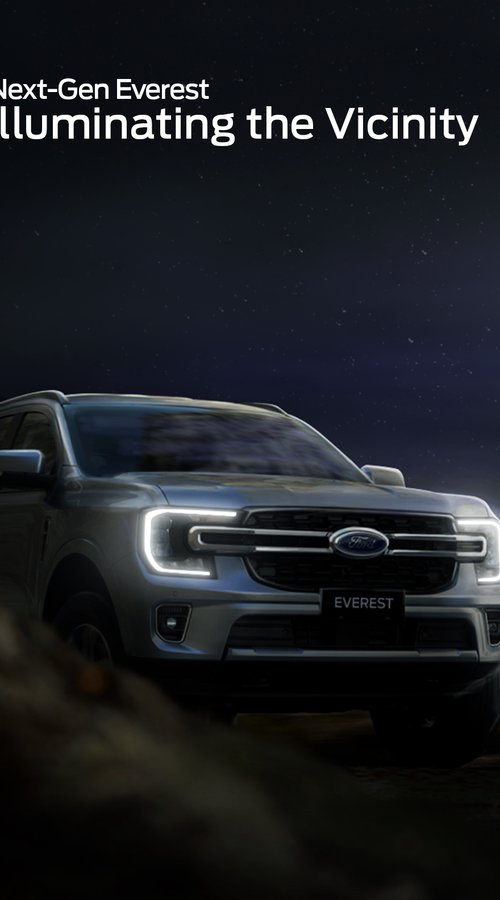Attempted to write few poems in my notebook. Ticked off more books’ names from my “Must Read List”. Watched more movies. Caught up with friends more often. Gotten back to the old hobby of painting.
These are few of the things I would have done if I had additional 6 hours each day.
I’m a female urbanite in my twenties but if you give the same extra 6 hours to a woman in the rural areas, she would have spent it very differently.
A woman, clad in sarees with pitcher on her waist, is a common scene in rural Bangladesh. The same is true of women in all developing countries. Women and children in fact bear the primary responsibility to bring water for the entire family; at times spending up to 6 hours each day collecting water, making their days only 18 hours long. According to UNESCO and WHO, women and children living in Africa and Asia walk, on average 3.7 miles a day, just to collect water. Imagine ourselves in their shoes. Now imagine how we could have spent those extra six hours that are otherwise wasted on lifting heavy pitchers, buckets and pots to provide water, an essential element of life. Children could have spent longer hours studying and playing, crucial for their cognitive growth. Studies have found that children who no longer have to help with collecting water have greater attendance in school; mothers could have looked after other household needs, spared some time to spend with the family or to even could have contributed to the family’s earnings by taking up a job.
To help alleviate these women and children’s daily struggle to collect water and to better utilize valuable hours of the day each day, few companies have come up with a simple solution. Whether they are called Hippo Rollers or Q Drums, the mechanism of this life changing device remains same. Instead of carrying few litres of water on their heads, or balancing them on their waist, the weight of the water remains on the ground in a drum; a steel clip-on handle allows the women and children to roll the drum by either pushing or pulling it. This efficient yet very simple technology to help communities get water to live is an innovation rather than an invention.
By using water rollers, poor villagers can significantly cut down on the number of trips to their water sources, eliminate the carrying of buckets on their heads and save energy. The rollers enable them to carry greater volume of water in less time, thus making them more productive and creating scopes to generate greater incomes.The durable design ensures a lifespan of 5 to 7 years and often even longer, depending on prevailing conditions. The maintenance-free design - no consumable parts - ensures sustainability and long-term success in remote locations.
Hippo Roller was designed by Pettie Petzer and Johan Jonker, two South Africans who grew up on farms and experienced the difficulty of collecting water first hand. Their innovation came from a place of need where they themselves wanted better lives for people just like them. The executive director of the Hippo Roller Project is Grant Gibbs. The Hippo Roller has been aptly designed, incorporating ergonomics and robust structure, making it perfect to be used on rough, uneven terrains. The ingenious innovation is currently celebrating it’s 25th year in improving people’s access to water. Though the brilliant idea was born to help the lives of women and children in rural Africa, it has now infiltrated into over 20 countries, reaching close to half a million people across the globe.
Hippo Roller revolves around their aptly put tagline “Simple Ideas. Changing lives.” It is a simple yet effective design that has created great impact. Now, Amina, a girl residing in Kurigram, a tiny village nestled in Bangladesh, can take up her hobbies too or fulfill her dream and become a successful entrepreneur, or like me, be an economist who loves to write. She too will have more time on her hands to fulfill all her dreams.

